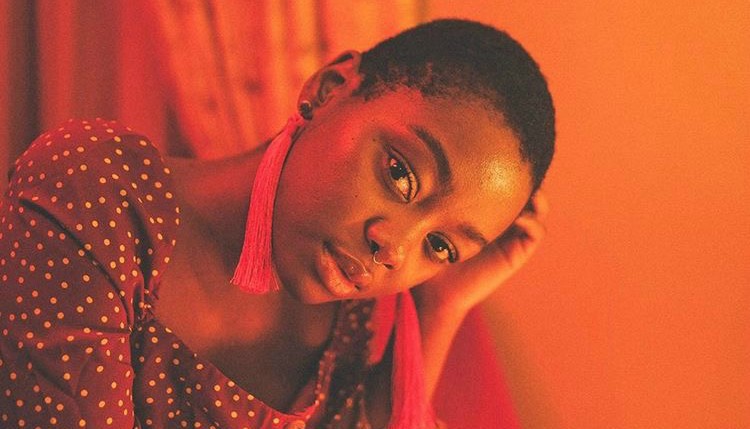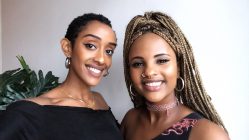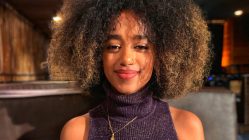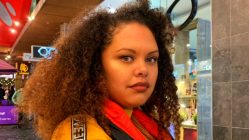Photo credit: Annie Bui
My name is Dilaleng Lorraine Morena. I’m from Sekhukhune, Limpopo which is located in the northern part of South Africa. My native tongue is a Northern Sotho dialect known as Sepedi. Pedi people are referred to as “Bapedi” and there are about 4 million plus of us in South Africa.
How did you come to Australia or were you born in Australia? Please share your experiences.
I moved to Australia in 2016 to study my Masters in Business at Monash University. My experience as an African in Australia has been interesting. Apart from the stares and the questions about my hair, what I have found most interesting is how much Afro-Australians celebrate and embrace their African heritage so intentionally. It’s really beautiful to see and I think this has influenced me to do so as well even in places where it might not be welcomed.
What does a commitment to diversity/multiculturalism mean to you?
It means a lot. The world is filled with so many ethnicities, cultures and diverse viewpoints. It would be incredibly callous to not reflect that. I think there is so much beauty in our differences. I love learning about different cultures and interacting with people who have a completely different background than my own.
What kinds of experiences have you had in relating with people whose backgrounds are different than your own?
I have had my fair share of unpleasant encounters but for the most part I have had luck in coming across people who are extremely open minded and eager to learn about different cultural backgrounds. I think that is amazing because that’s how we learn to eliminate stereotypes and ignorance.
Furthermore, the more you interact with people from different backgrounds, the more you increasingly realise that you can find connection through experiences, music, dance and emotion regardless of where they come from.
Describe a specific situation in which you worked with a diverse group of people or person over a period of time. What did you learn from this experience?
What I took away was a great deal of inspiration. I recently got the opportunity to be a part of a hair campaign for Zarah Garbrah who runs @embraceyourfrizzique on Instagram which celebrates the undeniable beauty of Afro curly and coily hair. I was working with individuals of Egyptian, Ghanaian, Indonesian, Kenyan, Nigerian, Zimbabwean descent and it was amazing to be a part of. Everyone was so incredibly creative and talented. I am inspired by people who live their passion and are unapologetically themselves. I love black women and I am greatly inspired by them.
Are we progressing or regressing as a society in relation to race and cultural integration?
I mean we are definitely progressing, I can say things are better than they were 5 or 10 years ago for sure. But we still have a long way to go – especially coming from South Africa, a country that has its own racial issues and apartheid past then coming here. What baffles me the most is how people find it so ridiculous and mind blowing that people of colour demand to be treated fairly and equally.
The lack of openness is a great barrier to cultural integration. There is a famous quote that highlights the importance of openness – “people’s minds are like parachutes, to function effectively they must be open”. Despite this we are still breaking down barriers and occupying more and more spaces in terms of arts, the corporate world and the fashion industry.
What are you passionate about and why?
I would like to see a diverse representation of people in key positions of influence and decision making because it will put an end to the projection of a negative narrative and imagery across all platforms.
How can we improve the current climate and bridge the gap? Challenges to overcome? Benefits of cultural diversity
I think a way to bridge it is by way of platforms like Afrocentrik. Telling our own stories and experiences in Australia and taking hold of our narrative back. Representation is imperative. Seeing black people and other people of colour in a positive light can slowly start to break down barriers and give younger people hope. We just have to continue to speak up! We as black people cannot ignore what we live through everyday.
Follow Lorraine @iamthelorr







